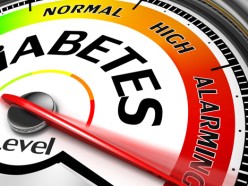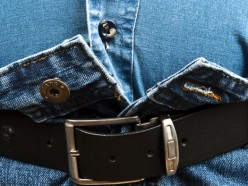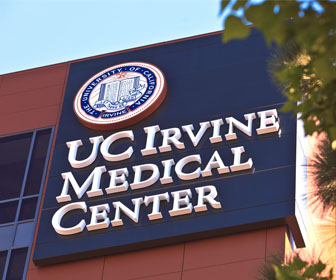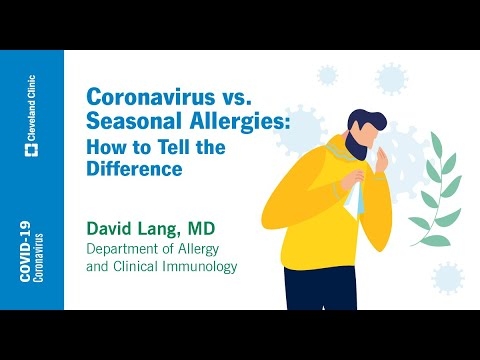Low-carb diets are often used for weight loss or to help minimize the risks that are associated with other conditions, such as metabolic syndrome. While low-carb diets can be helpful in the short term, they may not be an optimal long term dieting solution outside of your doctor’s supervision.
How Low-Carb Diets Work
Carbohydrates are naturally found in foods like fruits, starchy vegetables, grains, nuts, seeds, milk, and legumes. These naturally occurring carbs are referred to as complex carbohydrates.
Refined carbohydrates are added to foods in the form of flour or sugar, and are known as simple carbohydrates. Common sources of simple carbohydrates are cookies, candy, pasta, and sodas.
Your body needs carbohydrates for a source of fuel. The sugars and starches are broken down in your body and absorbed into the bloodstream where they are known as glucose. Extra glucose is stored in your liver and can be converted into fat. By eating a low-carb diet, you lower your insulin levels and ultimately burn some of the stored fat. A low-carb diet is often considered to be 60 to 130 grams of carbohydrates per day.
Pros & Cons
When you eat a low-carb diet, you have to supplement your diet with proteins and healthy fats, such as poultry, meat, eggs, and non-starchy vegetables. This diet change often leads to quick weight loss and can improve cholesterol levels based on the healthy food choices that you are making to replace carbohydrates.
However, drastically and quickly cutting carbs from your diet can lead to weakness, constipation, fatigue, and headache. It is also possible to eventually suffer from mineral or vitamin deficiencies. It is common for individuals on a low-carb diet to suffer from deficiencies in potassium and calcium.
Additionally, the long term effects of low-carb diets are not well known, and it can be difficult to sustain a low-carb diet for long.
Considerations
A low-carb diet can be helpful for jump starting weight loss, or even for managing other medical conditions. But because of the potential risks, you should ask your doctor about the best diet to follow for your situation. If you do go on a low-carb diet, you can help minimize some of the negative effects by eating a nutrient-rich diet and drinking plenty of water.
















.jpg&w=300&h=320)
.jpg&w=300&h=320)
.jpg&w=300&h=320)
















